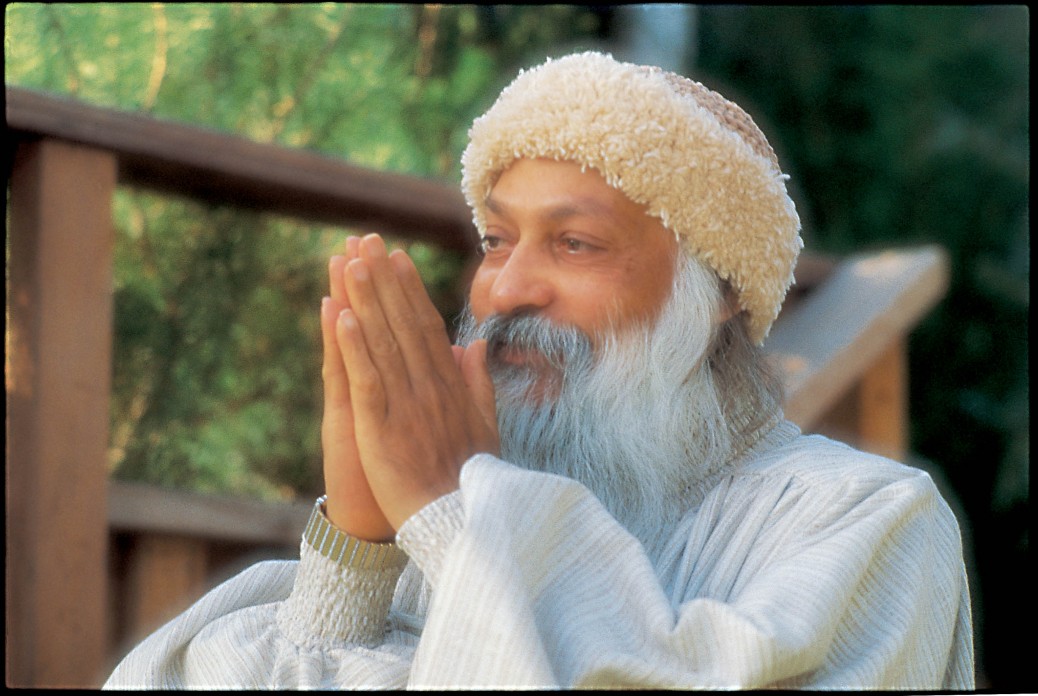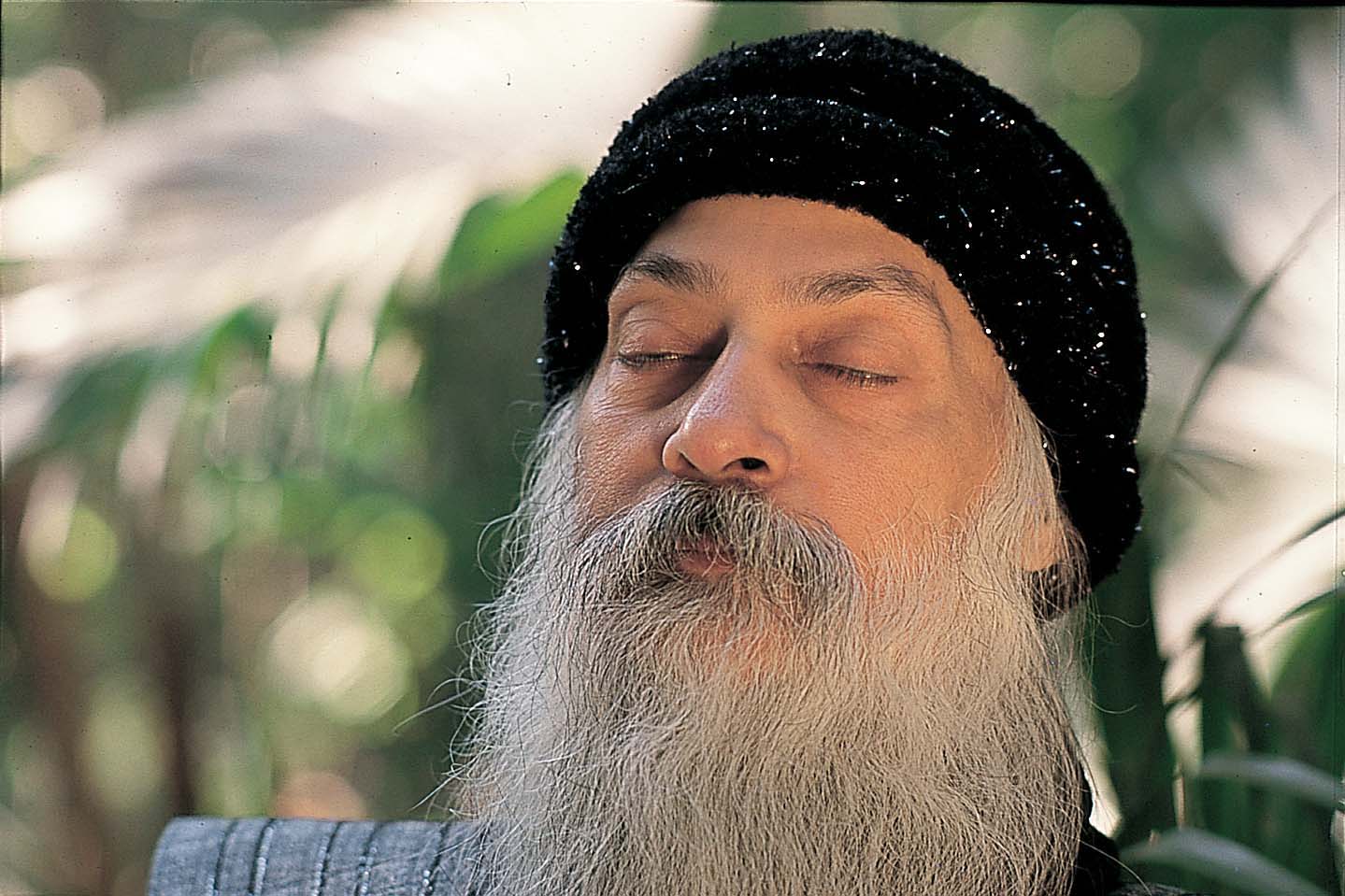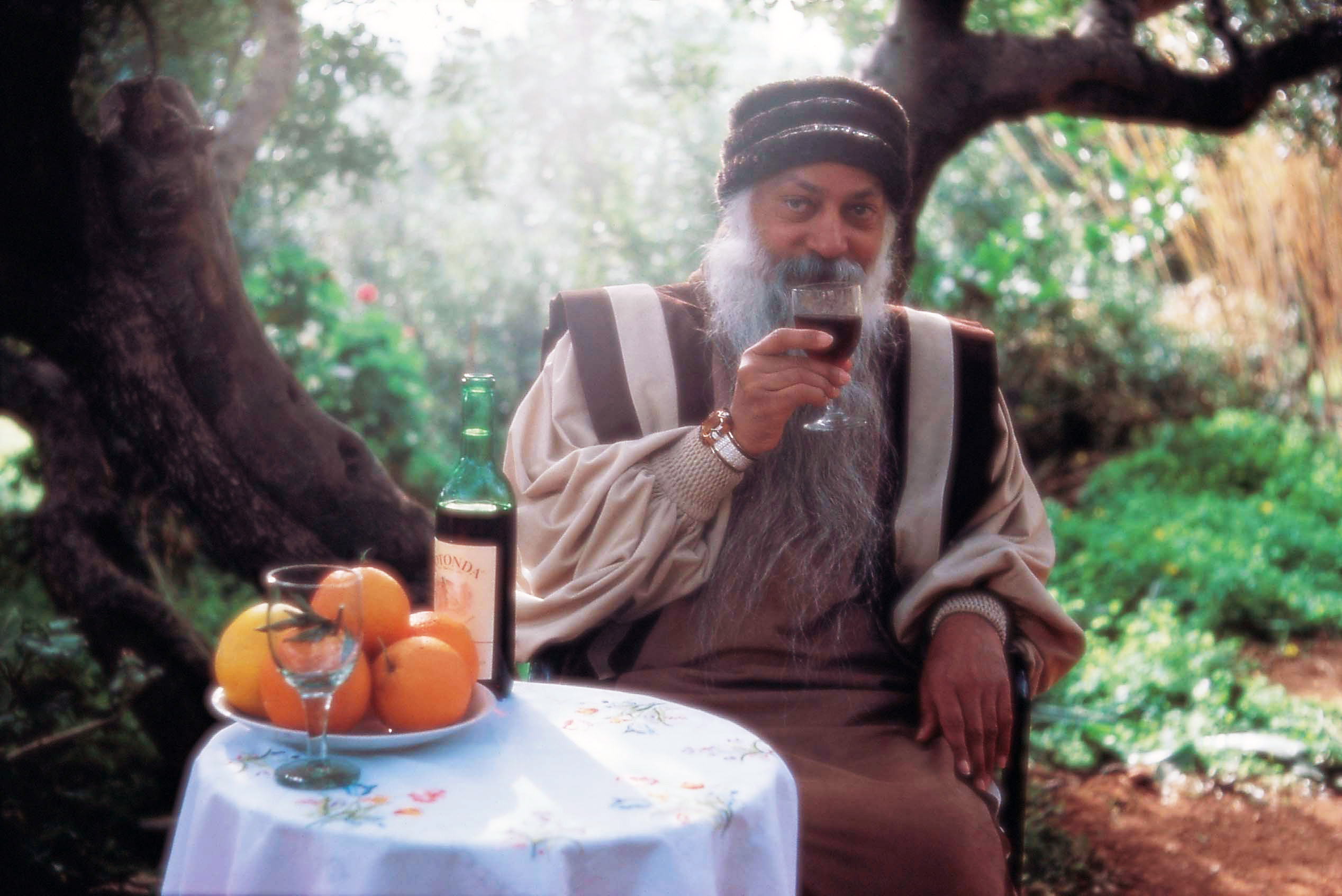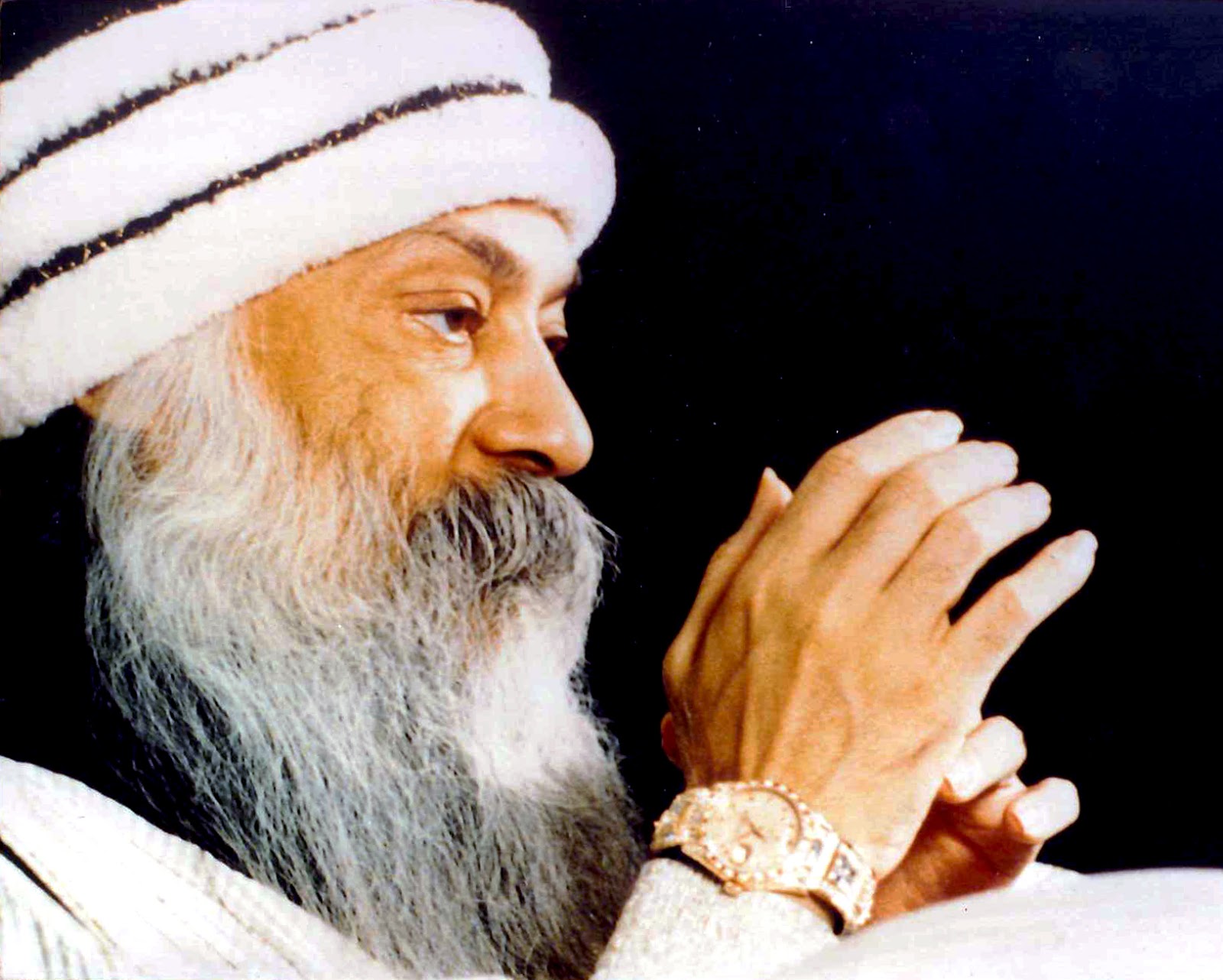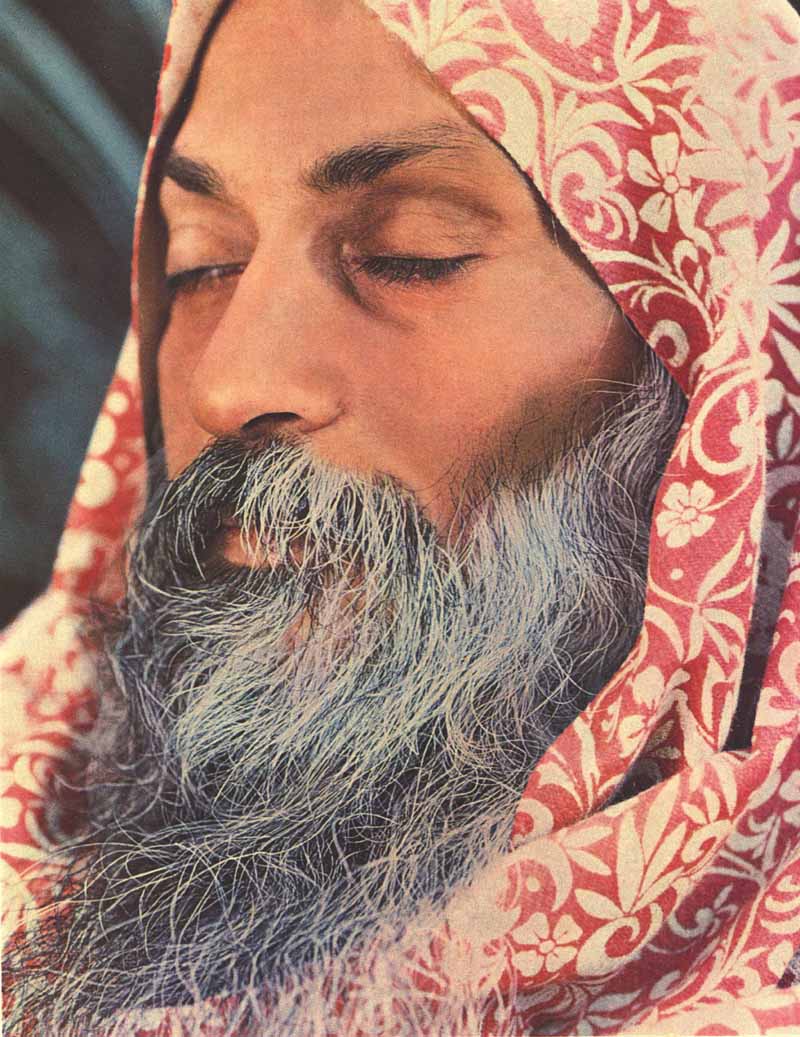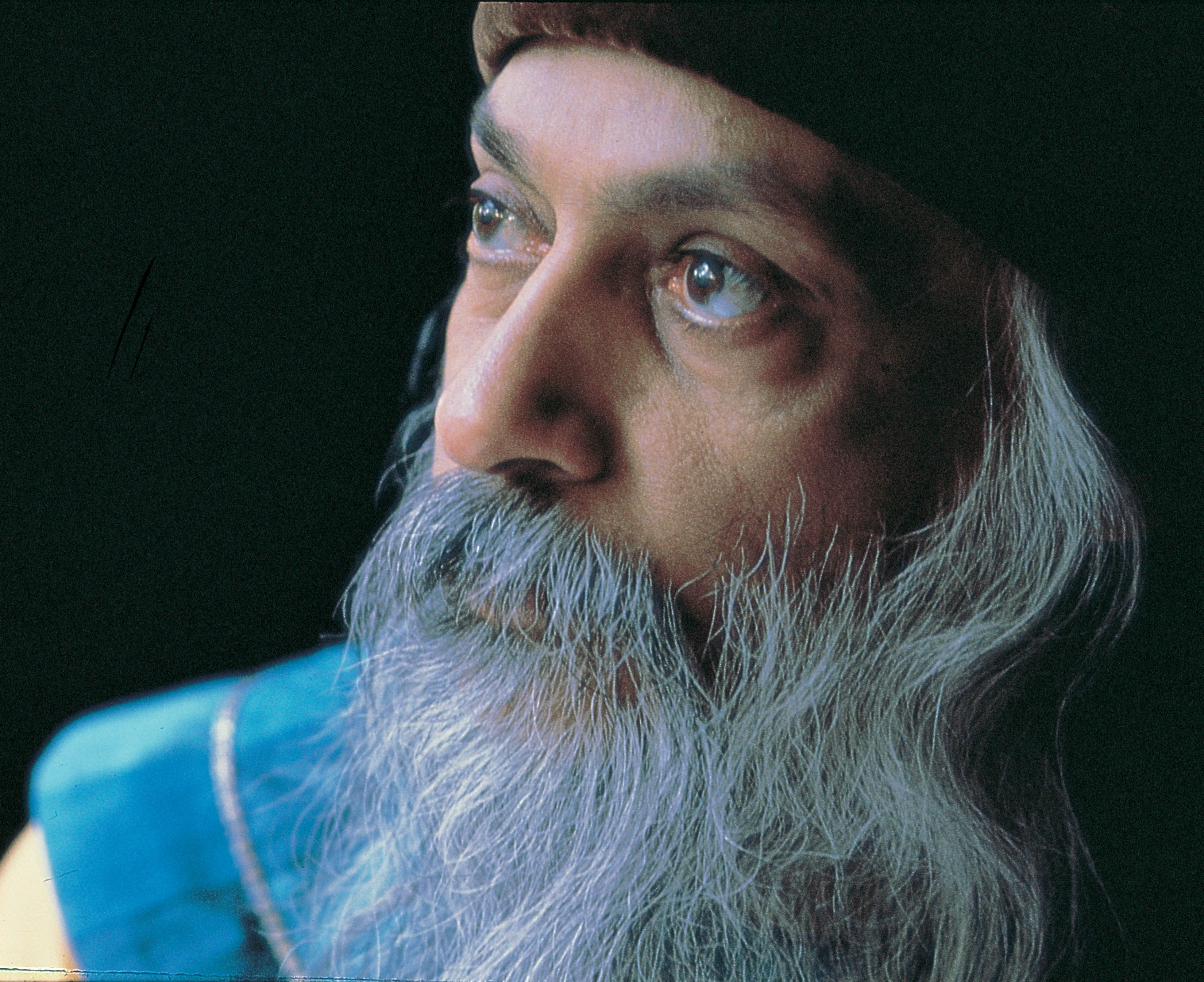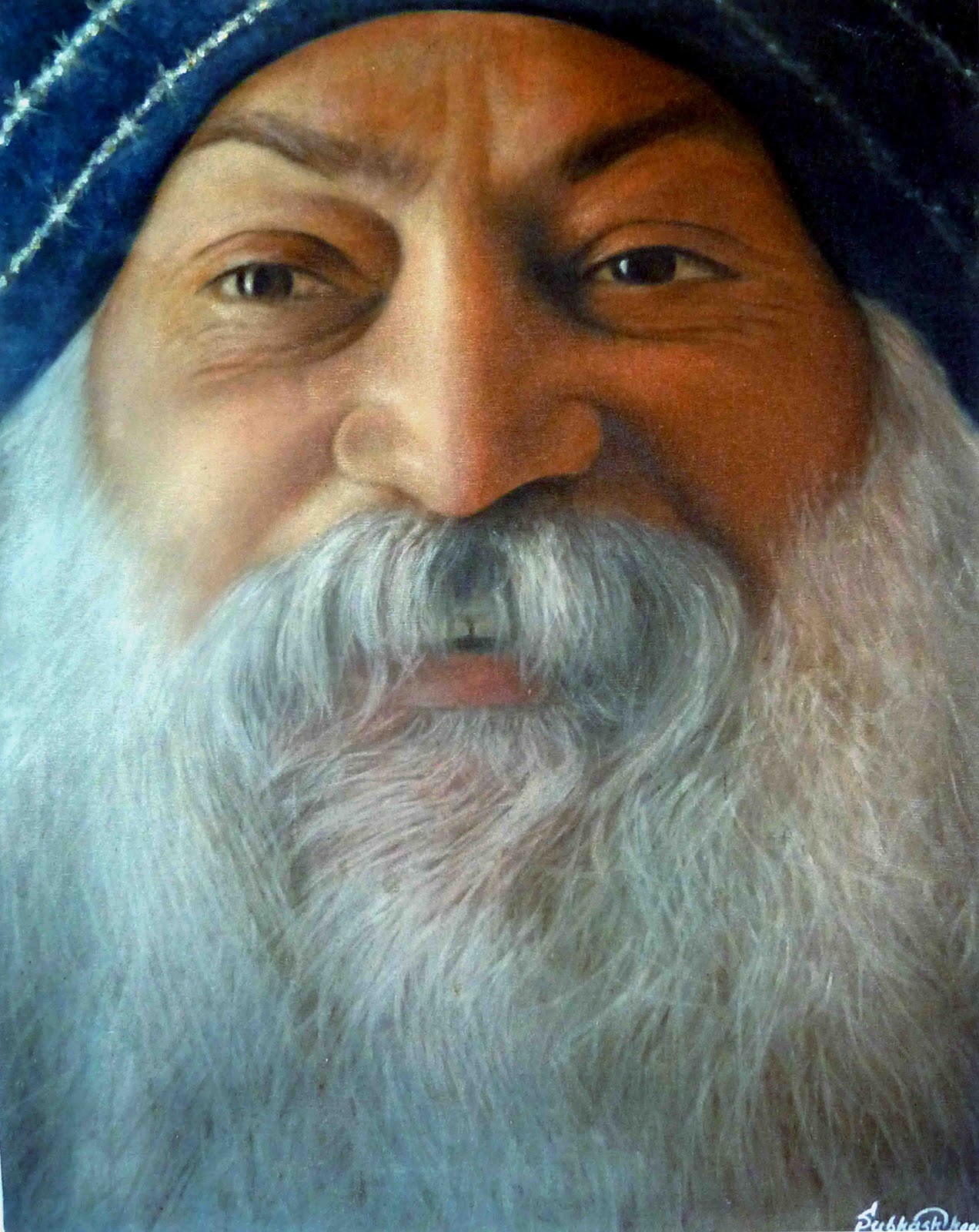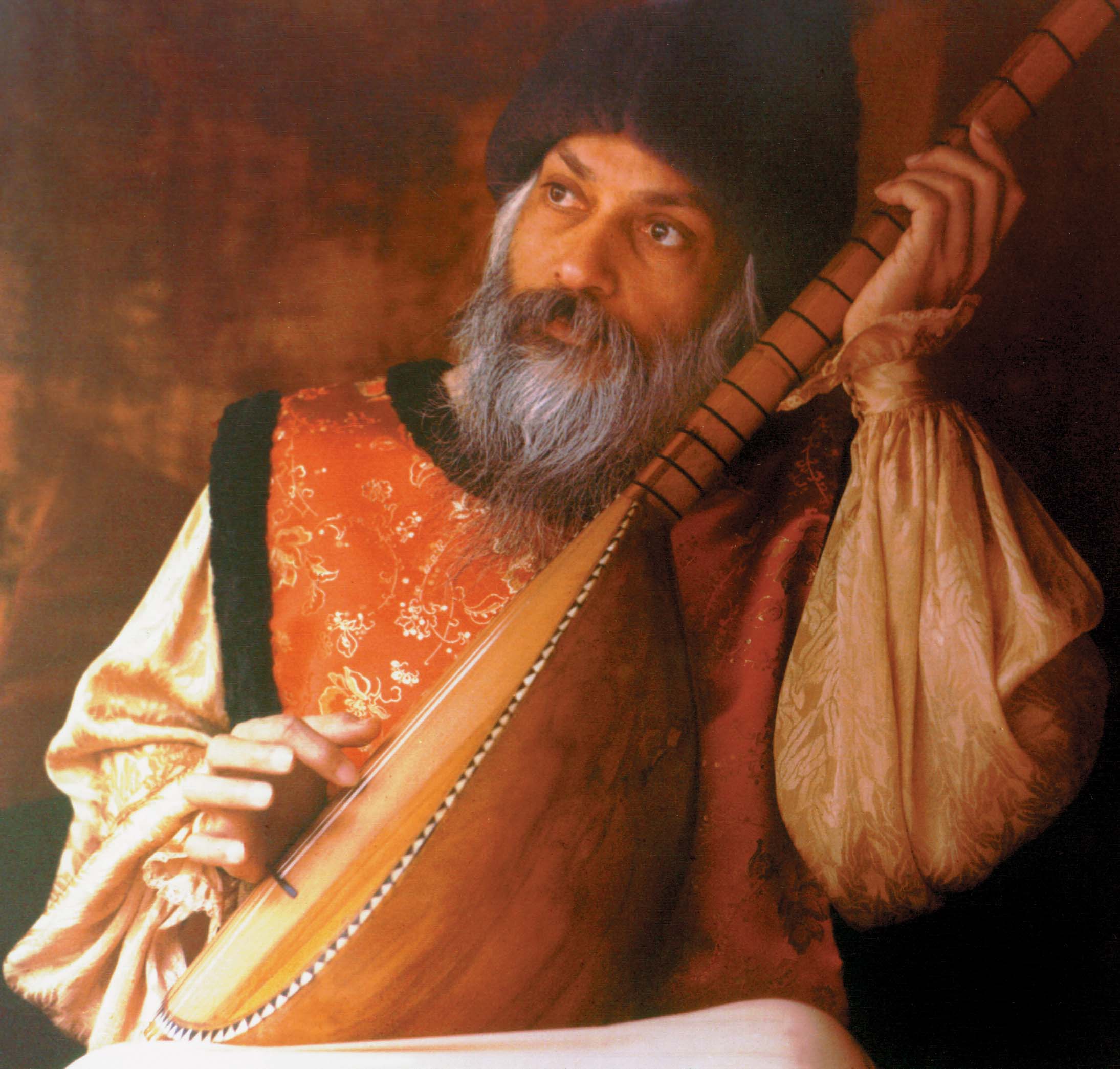All Is Not Lost, But Time Is Running Short
A man is taking a walk in a park late at night. Suddenly, behind some bushes he hears strange gasps and muffled screams. Alarmed, he shouts, “Is anybody being killed in there?”
“No, no,” shouts back a voice. “Just the opposite!”
Yes, in one sense I am killing you; in another sense, I am giving you a new birth. I am doing just the opposite.
The master is a womb. He takes the disciple inside his womb. We call that womb the buddhafield. And then the disciple grows in his love, is nourished through his love, in his light. He is showered continuously with his compassion, with his understanding. And one day he comes out of the womb of the master, a totally new man. The old dies and the new is born. This is how you become twice-born.
The fourth question:
Osho,
You talk about the difference between ‘knowing’ and ‘knowledge’. But to become a master, do you not have to have ‘knowledge’ as well as ‘knowing’? It seems to me that you, in your talks, show much knowledge. Can this not be a part of the way for some?
There is a great difference between knowledge and knowing. And to you, knowing may appear as knowledge because you are not acquainted with knowing at all; you know only knowledge. Hence you may find much knowledge in what I am saying, but it is not knowledge to me, it is knowing to me. Knowing means my own experience; knowledge means something borrowed.
And it is not necessary that my knowing should go against the knowing of Buddha or Jesus or Krishna. In fact, it cannot go against anybody’s knowing. Knowing is the same, the process is the same, whether Buddha knows or Zarathustra. It is the same.
Knowing means you enter into your interiority, you move inwards, you reach to the very center of your being. You experience who you are.and in that very experience you know you are God, because only God exists. To say, “God is,” is a tautology because God means “is”; “isness” is God.
Whatever I am saying here may appear to you as knowledge because it can be found in the Bible, in the Koran, in the Gita, in The Dhammapada. And you will think, “Of course, it is knowledge.” It is not. The difference is subtle and delicate.
Excerpted From The Dhammapada: The Way Of The Buddha, Vol. 10 CH: 11

